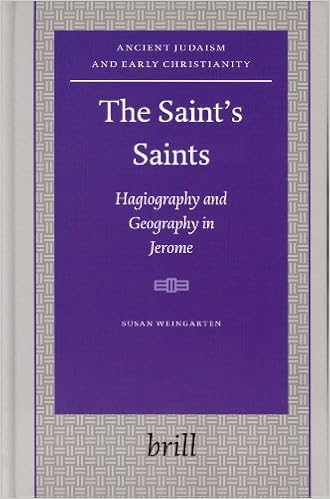
By Kenneth J. Safir
One of an important discoveries of recent linguistic thought is that summary structural houses of utterances position refined regulations on how we will be able to use a given shape or description. For the prior thirty years, those regulations were explored for attainable clues to the precise nature of the structural houses in query. within the Syntax of (In)dependence Ken Safir explores those structural houses and develops a idea of established id interpretations that still ends up in new empirical generalizations. those generalizations variety throughout a large category of empirical phenomena, together with the distribution of crossover results, certain variables in ellipsis, practical solutions to questions, resumptive pronoun buildings, (anti-) reconstruction results, and proxy readings.Safir techniques those interpretive concerns from the viewpoint that the structural houses of all normal languages replicate an innate linguistic means, as embodied in common Grammar (UG). This monograph explores the best way a specific syntactic restrict imposed through UG limits the variety of established identification interpretations sentence could have and for that reason the variety of attainable entailments it could have at the foundation of those anaphoric interpretations. even if sure of those interpretations could be favourite by way of manipulating a discourse, the paintings makes a speciality of interpretive regulations that can not be repaired via discourse lodging. extra particularly, Safir's major suggestion relies identification interpretations are constrained via a c-command prohibition and never through a c-command licensing condition-- that c-command doesn't license dependencies yet performs a task in ruling them out. even if cross-linguisitic dialogue by and large textual content is particularly constrained, Safir provides an appendix on scrambling and reconstruction that makes a speciality of scrambling in Hindi.
Show description
Continue reading "Download E-books The Syntax of (In)dependence (Linguistic Inquiry Monographs) PDF" →








